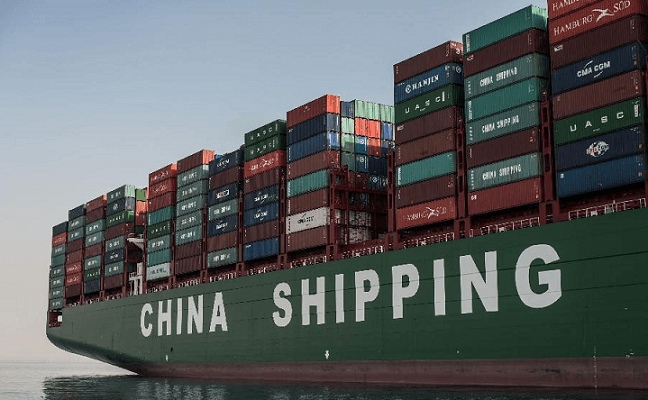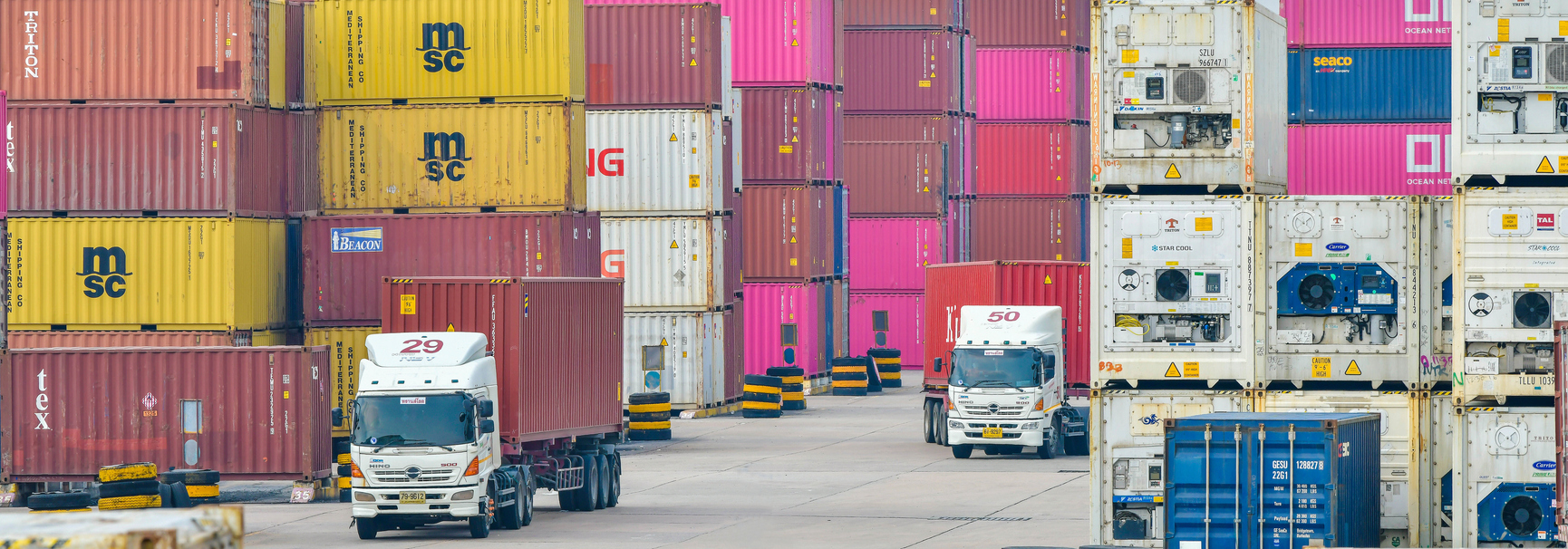Contract Manufacturing in Ghana Made Simple
Contract manufacturing in Ghana is emerging as a vital strategy for companies seeking cost efficiency, scalability, and local market penetration. With Ghana’s growing industrial base, supportive government policies, and strategic position in West Africa, businesses in sectors such as FMCG, pharmaceuticals, and consumer goods are turning to contract manufacturing as a practical solution.
For companies new to the region, navigating suppliers and ensuring reliable production can be challenging. This is where Wigmore Trading plays a crucial role—connecting businesses to trusted manufacturers and streamlining the sourcing process.
What is Contract Manufacturing?
Contract manufacturing is an arrangement where a company outsources production to a third-party manufacturer. This allows businesses to focus on branding, distribution, and sales, while benefiting from reduced overhead costs and faster time-to-market.
In Ghana, the model is increasingly popular in industries such as:
-
Food and beverages – bottled drinks, packaged foods, and snacks.
-
Pharmaceuticals and healthcare products.
-
Cosmetics and personal care items.
-
Household goods and cleaning products.
By leveraging Ghana’s skilled workforce and access to raw materials, companies can achieve quality production without heavy investments in machinery and facilities.
Why Ghana is Becoming a Hub for Contract Manufacturing
Ghana’s strategic advantages make it a promising location for businesses considering contract manufacturing:
-
Favorable Trade Environment
Ghana is part of the African Continental Free Trade Area (AfCFTA), enabling duty-free access to a market of over 1.4 billion people. -
Stable Business Climate
Political stability and consistent economic reforms have positioned Ghana as one of Africa’s most business-friendly environments. -
Skilled Workforce
With growing technical expertise in manufacturing and quality assurance, Ghana offers a talent pool well-suited for industrial production. -
Access to Raw Materials
Local sourcing of cocoa, palm oil, shea butter, and other agricultural products supports industries such as food processing and cosmetics.
Challenges in Contract Manufacturing and How to Overcome Them
Like any growing industry, contract manufacturing in Ghana comes with challenges:
-
Quality Assurance: Ensuring products meet international standards requires careful supplier vetting.
-
Supply Chain Gaps: Logistics and reliable transportation can affect lead times.
-
Capacity Constraints: Some local manufacturers may lack large-scale production capabilities.
Wigmore Trading can help. With decades of experience in African trade, we connect businesses to vetted manufacturers, streamline logistics, and ensure quality compliance. Whether you need private-label production or bulk manufacturing partnerships, our expertise reduces risks and accelerates growth.
How Wigmore Trading Supports Your Manufacturing Needs
Wigmore Trading provides tailored services to businesses seeking contract manufacturing in Ghana:
-
Supplier Sourcing & Vetting – Access trusted, reliable manufacturers.
-
Logistics Management – Ensure seamless import/export of raw materials and finished products.
-
Quality Control – Maintain compliance with global standards.
-
Scalability – Support businesses as they grow into regional and international markets.
From FMCG companies entering West Africa to global brands expanding production capacity, Wigmore Trading offers a strategic advantage.
Conclusion
Contract manufacturing in Ghana presents an exciting opportunity for businesses looking to expand, optimize costs, and reach new markets across Africa. By partnering with Wigmore Trading, companies gain not only access to reliable manufacturers but also a trusted partner with deep expertise in African trade and logistics.
Contact Wigmore Trading today to streamline your sourcing and manufacturing needs in Ghana.








Comments are closed.